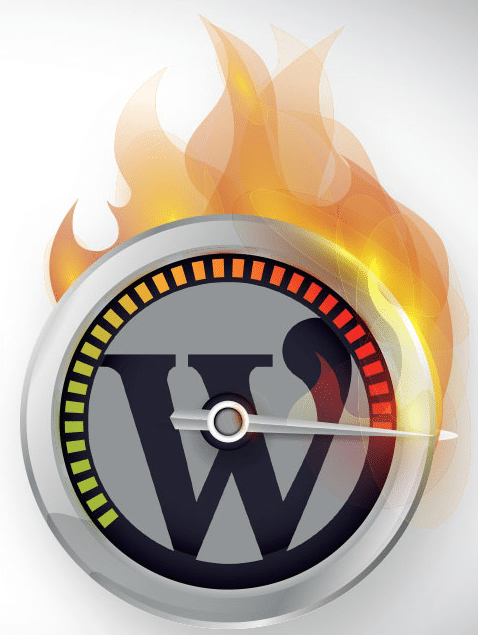In today’s fast-paced digital era, website visitors have increasingly shorter attention spans and higher expectations when it comes to site performance. As a WordPress website owner, it’s imperative to recognize the importance of performance optimization. This blog post delves into the significance of optimizing your WordPress website’s performance, highlighting the benefits it brings to both your site’s speed and user experience.
Improved User Experience
User experience is a key factor influencing website success. A slow-loading site can frustrate visitors, leading to higher bounce rates and lower engagement levels. By optimizing your WordPress website’s performance, you enhance user experience, leading to increased user satisfaction, longer dwell times, and improved conversion rates.
Additionally, a well-optimized site ensures smooth navigation and faster load times, encouraging users to explore further and increasing the likelihood of return visits. Performance optimization prioritizes the end-user, allowing them to easily access the content they desire without the frustration of sluggish page loading speeds.
Enhanced Search Engine Rankings
Search engines, such as Google, consider website speed as one of the ranking factors. A slow website might be penalized in search engine results, potentially leading to decreased organic traffic. By optimizing your WordPress website’s performance, you increase the chances of ranking higher in search engine results pages (SERPs), thus driving more organic traffic to your site.
A fast-loading site also improves the user experience, leading to longer on-page visits and lower bounce rates, which are additional metrics search engines consider when ranking websites. Implementing performance optimization strategies can give your site the competitive edge it needs to stand out in search engine rankings.
Increased Conversion Rates
Statistics indicate that website visitors expect a website to load within seconds, and even a few seconds delay can significantly impact conversion rates. A delay in page loading speed can lead to potential customers abandoning their carts, filling out fewer forms, or leaving without completing desired actions.
By optimizing your WordPress website’s performance, you reduce loading times and create a smoother, more efficient user journey. This, in turn, increases the chances of visitors completing desired actions, such as purchasing products or subscribing to newsletters, leading to better conversion rates and increased business revenue.
Mobile Responsiveness and Accessibility
In today’s mobile-first world, ensuring your WordPress website is mobile responsive is crucial. Performance optimization plays a vital role in delivering a seamless user experience across different devices and screen sizes. A website that loads quickly and functions smoothly on mobile devices helps retain visitors and prevents them from seeking alternatives due to frustrating mobile experiences.
Furthermore, performance optimization can improve website accessibility. Faster load times aid users with slower internet speeds or those accessing your site from locations with limited connectivity. Optimizing performance makes your WordPress website accessible to a wider audience, promoting inclusivity and increasing the reach of your content or services.

